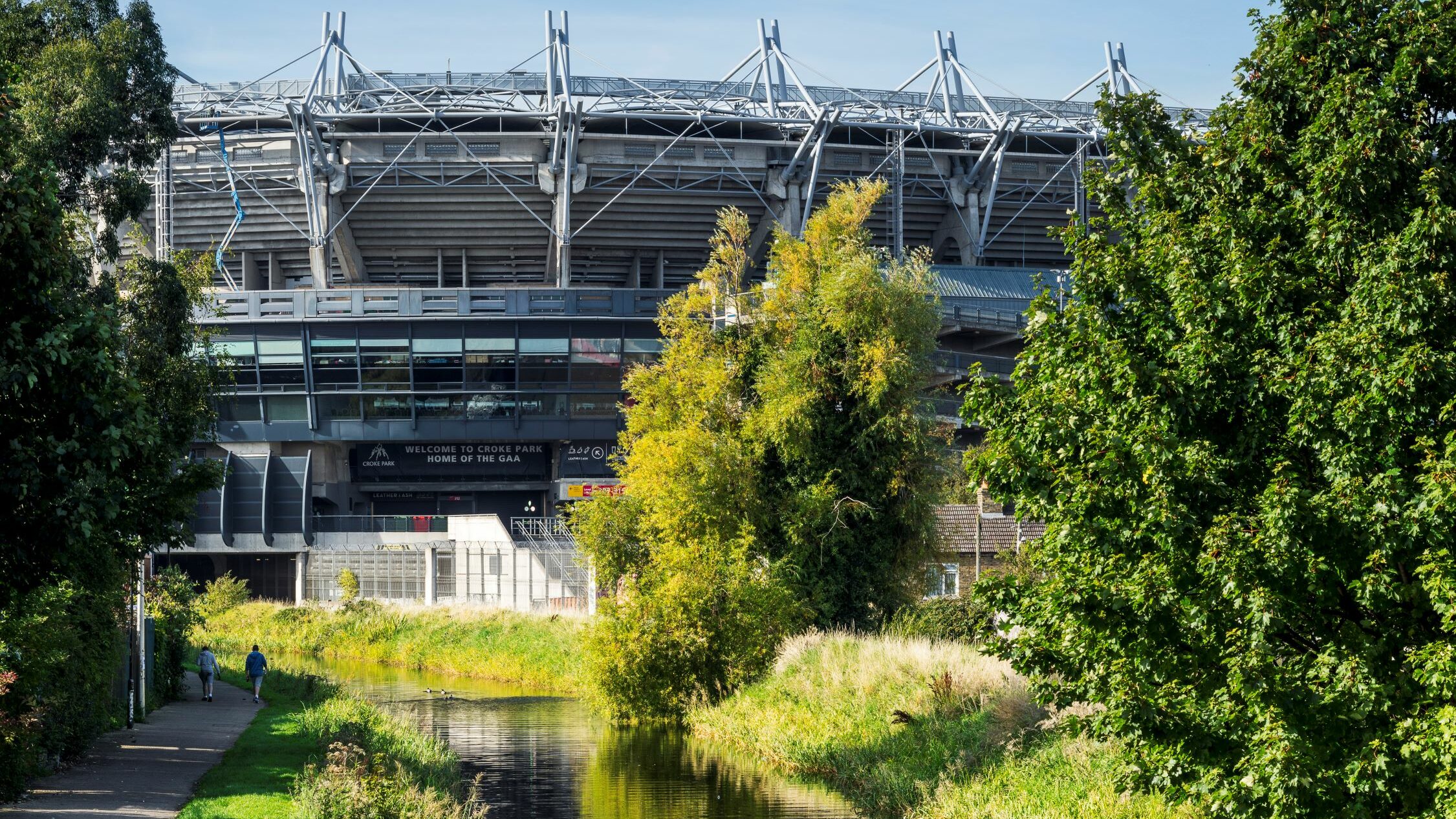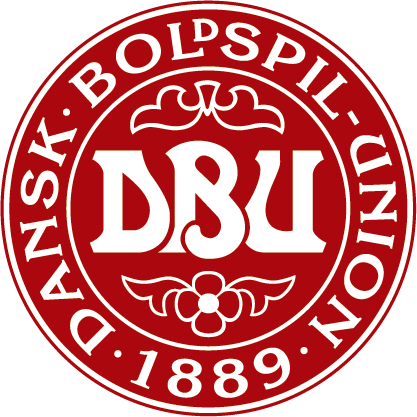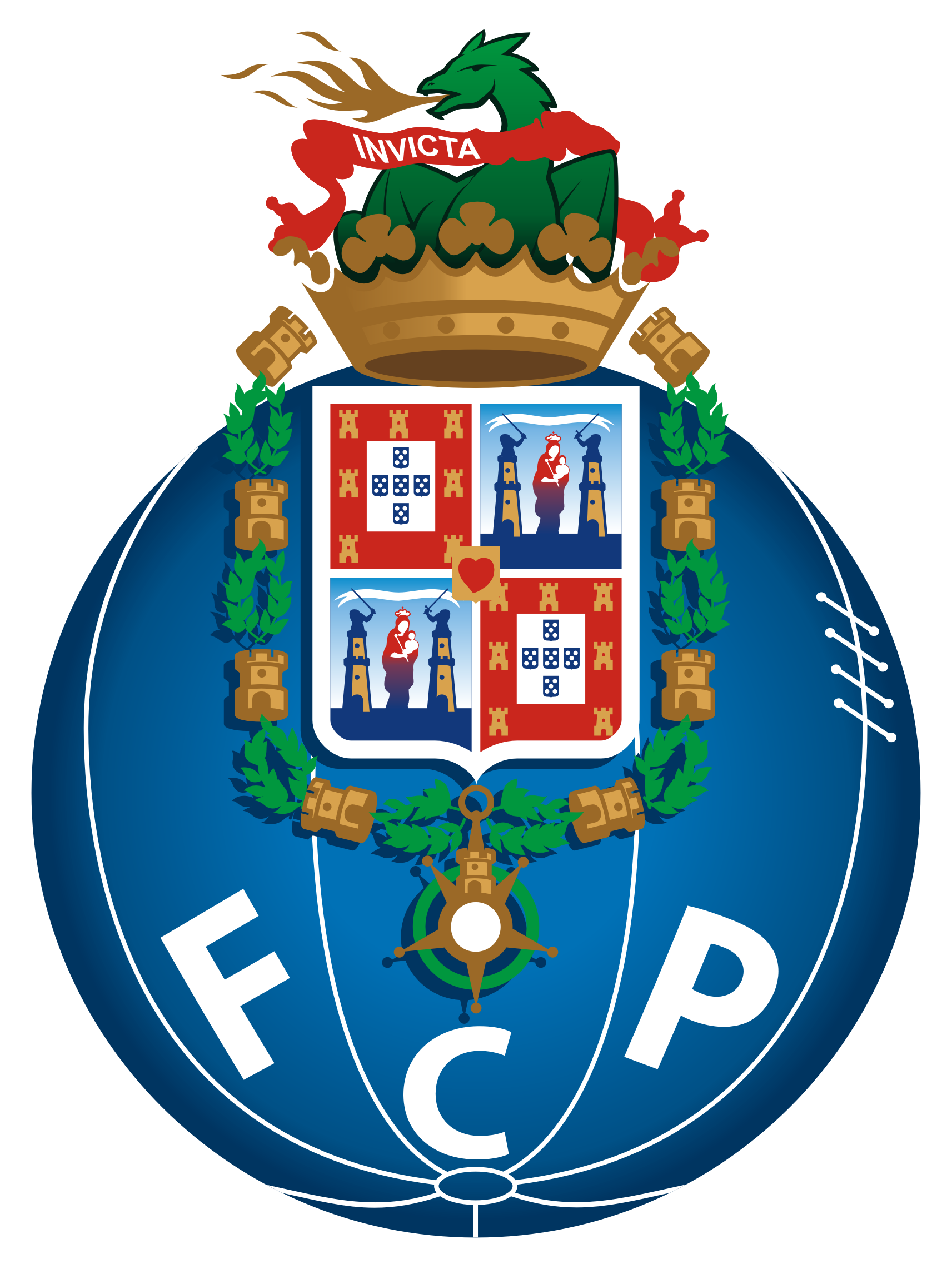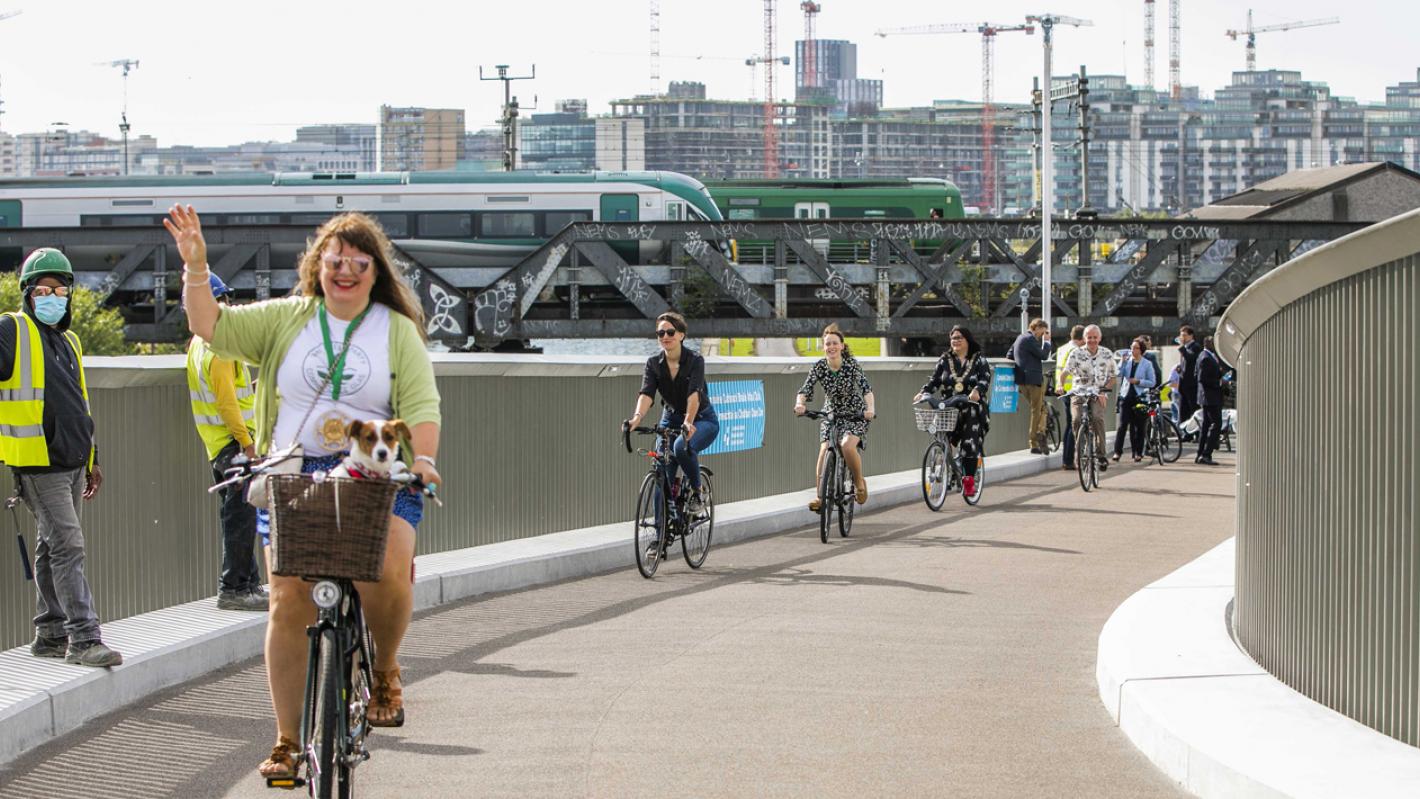Sustainable mobility for Dublin as the focus of GAA’s action plan
As previously reported, the ACCESS project entered its final phase which will span over its last year. The project meeting Dublin, held early April, allowed the participating sport organisations to present their Action Plans containing various Pilot Actions.
When it comes to the Gaelic Athletic Association, their Action Plan is very much dominated by sustainable mobility as the primary focus. The Plan with three Pilot Actions wants to see enhancing active mobility, single-occupancy car usage reduction and further embedding of the sustainable mobility concept in local GAA clubs. And they won’t be taking this challenge up alone.
Apart from the Croke Park, the home of the GAA, many other stakeholders will partake in this endeavour. Active Cities, who exists to engage, maintain, and increase the number of citizens, regardless of age and ability, participating in sport and physical activity and thus contribute to achieving the Active Cities concept, which was built on the principles of the Global Action Plan for Physical Activity developed by the World Health Organisation in 2018. The Technological University Dublin will be contributing to the workplan by providing expert advice on sustainable mobility solutions, behavioural change, and community engagement in sporting sector. The local authority will be represented by the Transportation Planning department of the Dublin City Council who will be providing local authority planning and transport expertise and support and act as a liaison with other relevant city council departments. Furthermore, certain Pilot Action will see additional partners, based on the objectives of each of them.
That will indeed be the case with the high-density bicycle parking the GAA would like to propose. Dalymount Park, the 4500-seat stadium, is the home of Bohemian FC and located a mere 2 kilometres along the Royal Canal in the north of Dublin. So obviously, the identification of a number of potential sites for the hosting or development of high-density bike parking facilities in the area would serve not only for the organisation of the Pilot Action itself, but also as a resource for both the stadia and the local authorities in future planning of increased event bike parking in the area. Bohemian FC will partake in this exercise, as well as the Dublin City Council’s Sports Events & Capital Projects department. This exercise would cater for the pilot event but would also act as a test case and demonstrator for potential future facilities across the city and island.

The not-insignificant parking facilities at Croke Park had traditional been marketed as a benefit for staff and as a selling-point for conference centre clients, which has encouraged a culture of car – and very often single-occupancy car – travel to and from the stadium. Changing this culture requires not only organisational changes to the management of stadium car parks but also a programme of behavioural change. Therefore, a multifaceted approach to the introduction of a sustainable mobility plan for the stadium will be required, covering staff engagement and training, car park management, clear and positive communication of impacts and alternatives, and constructive engagement with Conference Centre clients. To support this Pilot Action, the Smarter Travel team of the GAA will team up with the National Transport Authority.
To replicate and capitalise on these exercises, the GAA also wants to reach out to the Dublin County Boards of the GAA, LGFA, Camogie Association and achieve a sort of a domino effect which would be reflected in an increased number of people travelling sustainably to their chosen matches through Dublin GAA survey, number of Dublin club representatives trained up in sustainable mobility solutions for GAA, engagement through Sustainable and Active travel communications campaign and a trialling of measures – e.g., cycle bus and group travel with a small number of Dublin clubs.
In order to put all these pilot actions into the context of the ACCESS project – four key policy instruments were identified as ones that the pilot actions would contribute to. Dublin City Council Climate Neutral 2030 strategy has its own Climate Action plan which identifies Sustainable Mobility as a key component of the overall Climate Action Plan – in both its emissions targets and in its development of solutions that improve the life of and health of citizens of the city.
Furthermore, the Dublin City Centre’s Transport Plan was developed as a roadmap for the achievement of the transport and mobility objectives of the Dublin City Development Plan 2022-2028, which targets a 40% reduction in general traffic and significant increases in walking, cycling and public transport.
In terms of climate, on the national level, the Pilot Actions want to address the Government of Ireland’s National Climate Action Plan (CAP), which sets out the national roadmap for the achievement of emissions reductions and climate action targets. This action addresses two themes of the CAP in particular: citizen engagement and behaviour change, especially in the CAP objectives of capturing examples of best practice on embedding sustainability and climate actions in leisure activities and developing demonstrator programmes for sustainable mobility in general. Finally, the National Implementation Plan for the Sustainable Development Goals 2022-2024 will not be left out from the overall framework, either. The GAA is a national Sustainable Development Goal (SDG) champion and this partnership being developed for these Pilot Actions, between local authorities, third-level institutes, sports organisations, and local communities, supports the SDG Implementation Plan Strategic Objective 3 of developing greater partnerships for the SDGs.
Image copyright: Chris Bellew/ Fennell Photography















